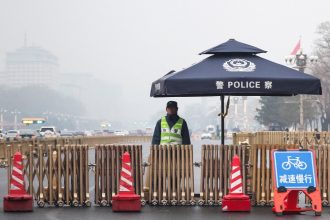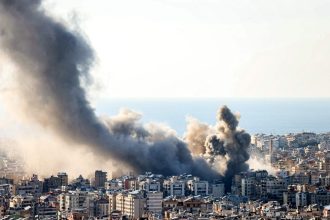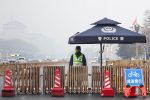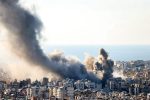GAZA, August 3 — In the face of mounting international pressure and a deepening humanitarian crisis, Hamas issued a defiant statement on Friday, refusing to lay down arms unless a fully sovereign Palestinian state is established—with Jerusalem as its capital.
This latest declaration is a firm response to one of Israel’s core demands in ceasefire negotiations: the complete disarmament of Hamas. Talks aimed at securing a 60-day ceasefire and a hostage release deal collapsed last week without progress. Mediators from Qatar and Egypt had backed a proposal led by France and Saudi Arabia, calling for a two-state solution and the transfer of Hamas’ weapons to the Western-backed Palestinian Authority. But Hamas stood its ground.
“We will not give up our right to armed resistance,” the group said, emphasizing that such a step would only come after achieving full independence and sovereignty for Palestine.
The statement reflects the growing chasm between both sides. For Israel, Hamas’ disarmament is non-negotiable. For Hamas, weapons are tied to what it sees as a legitimate fight for freedom and statehood. The impasse remains, leaving civilians on both sides caught in the crossfire.
Israeli Prime Minister Benjamin Netanyahu has made it clear he opposes the idea of a fully independent Palestinian state, calling it a “launchpad for the destruction of Israel.” He recently criticized moves by countries like the UK and Canada for recognizing a Palestinian state, accusing them of rewarding terrorism.
The war, which erupted on October 7, 2023, after a deadly Hamas-led attack on southern Israel killed 1,200 people and resulted in 251 hostages taken to Gaza, has since devastated the Palestinian enclave. Over 60,000 Palestinians have been killed in the ensuing Israeli military response, and Gaza now faces a humanitarian catastrophe of historic proportions.
As negotiations stall and the death toll mounts, the political will to reach a sustainable peace seems further away than ever. Both sides remain entrenched in their demands, while ordinary people continue to pay the heaviest price.








